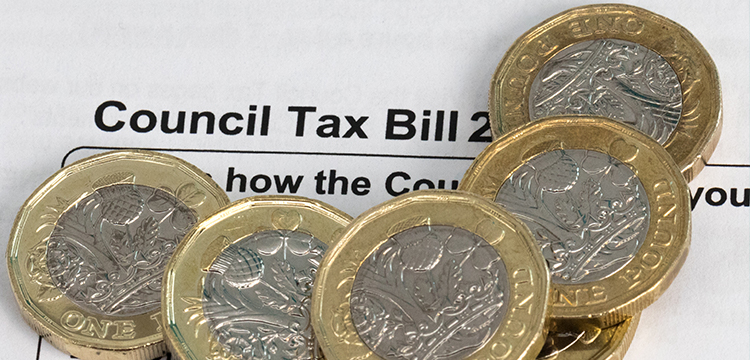In recent decades, there has been an increasing trend towards a more centralised approach to decision-making in UK government. In the process local government has become something of a Cinderella service, perceived by some as being inefficient and not up to the job as well as being too free and easy with the public money that is given to them to spend. After being frozen for a time, Council Tax bills have in recent years started to rise again; and what, some taxpayers wonder, do we get in return? What we see tends to suggest we are getting less whilst we pay more; less bin collections than we used to or now being charged for some of the rubbish we seek to deposit at the municipal tip for example. It's not a good image.
Yet as is often the case there is a deeper truth that it is easy to lose sight of. Of course there is always the risk that public servants do not work as efficiently and effectively as they might and there is doubtless room for improvement. However it is easy to ignore the increasing financial pressures that local authorities have been exposed to. Local authorities get their money in three ways; through central government grants, through Council Tax and through Business Rates. Statistics from the Institute for Government suggest that in the last decade (between 2009/10 and 2018/19) central government grants have been cut by 38% in real terms whilst if councils want to raise Council Tax bills by more than 2% they have to put it to a local referendum. This puts them in a real bind; the drop in central government grants creates a major hole in finances. Central government grants still account for 31% of local authority revenues but have dropped in real terms by about £10 billion in recent times. The end result is that councils have seen a drop in real terms funding by about 18% in the last decade just as they are expected to do more in some expensive areas such as social care.
It may be that the pandemic is causing chickens to come home to roost. Croydon this week became the first authority to seek emergency funding from the government. They are unlikely to be the last. Several other London authorities and some from Yorkshire are also rumoured to be on the list. Some were already in trouble. Northamptonshire county council filed a Section 114 notice in 2018. You might not automatically know what that means so it is worth rephrasing it in plain English – they filed for bankruptcy. Politics may be at play to some extent; Croydon is a Labour-run council and political opponents might be quick to point out this fact. Against this the council's cabinet member for finance blames historical under-funding over the past decade as the root cause of the current financial crisis. Everyone – especially residents in the local authority area – will need to form their own views of the rights and wrongs of this specific case. But the reality is that the pandemic has created huge extra cost pressures for councils, though central government will point to extra financial support they have given in the crisis. Whether it is enough to paper over the cracks is a moot point. This is not an issue that is going to go away any time soon.
Stay up to date with the latest changes in finance and accounting with the AAT Accelerated Pathway: Technical Update 2020-21, developed in commercial partnership with AAT.
Wayne Bartlett is an author for accountingcpd. To see his courses, click here.

You need to sign in or register before you can add a contribution.